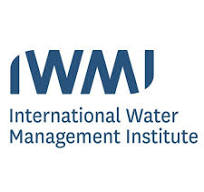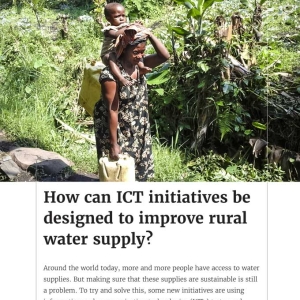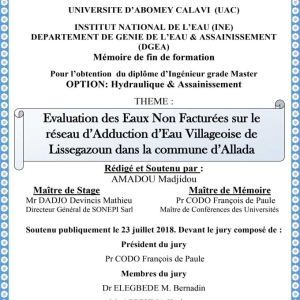Description
WATER FOR FOOD WATER LIFE: A Comprehensive Assessment of Water Management in Agriculture
Will there be enough water to grow enough
food? Yes, if…
Question: Is there enough land, water, and human capacity to produce food for a growing population over the next 50 years—or will we “run out” of water?
The Comprehensive Assessment’s answer: It is possible to produce the food—but it is probable that today’s food production and environmental trends, if continued, will lead to crises in many parts of the world. Only if we act to improve water use in agriculture will we meet the acute freshwater challenges facing humankind over the coming 50 years.
Why is the situation different now?
Fifty years ago the world had fewer than half as many people as it has today. They were not as wealthy. They consumed fewer calories, ate less meat, and thus required less water to produce their food. The pressure they inflicted on the environment was lower. They took from our rivers a third of the water that we take now.
Today the competition for scarce water resources in many places is intense. Many
river basins do not have enough water to meet all the demands—or even enough for their rivers to reach the sea. Further appropriation of water for human use is not possible because limits have been reached and in many cases breached. Basins are effectively “closed,” with no possibility of using more water.
The lack of water is thus a constraint to producing food for hundreds of millions of people. Agriculture is central in meeting this challenge
because the production of food and other agricultural products takes 70% of the fresh water withdrawals from rivers and groundwater.
Greater competition raises questions: Who will get the water, and how will alloca-
tions be decided? Conflict will grow between pastoralists and herders, between farms and cities, between those upstream and those downstream.
Not all contenders are human. Water used for agriculture is simply not available for wetlands, streams, deltas, and plants and animals. And as aquatic and terrestrial ecosystems are damaged, ecosystems change. Ecosystem services are threatened by the way we grow food. The climate is changing, affecting every facet of societies, ecosystems, and economies.
The trendlines shout out that we are not doing the right things. Inequity in the benefits of water use will grow between haves and have-nots to the detriment of food production. The pollution and depletion of rivers and groundwater will continue. Enough food grown at the aggregate global level does not mean enough food for everyone.
The Comprehensive Assessment of Water Management in Agriculture pulls together five years of work by more than 700 scientists and practitioners from around the world. Their strong and urgent message: problems will intensify unless they are addressed—and now.







 AFWASA
AFWASA AFWASA
AFWASA
Reviews
There are no reviews yet.